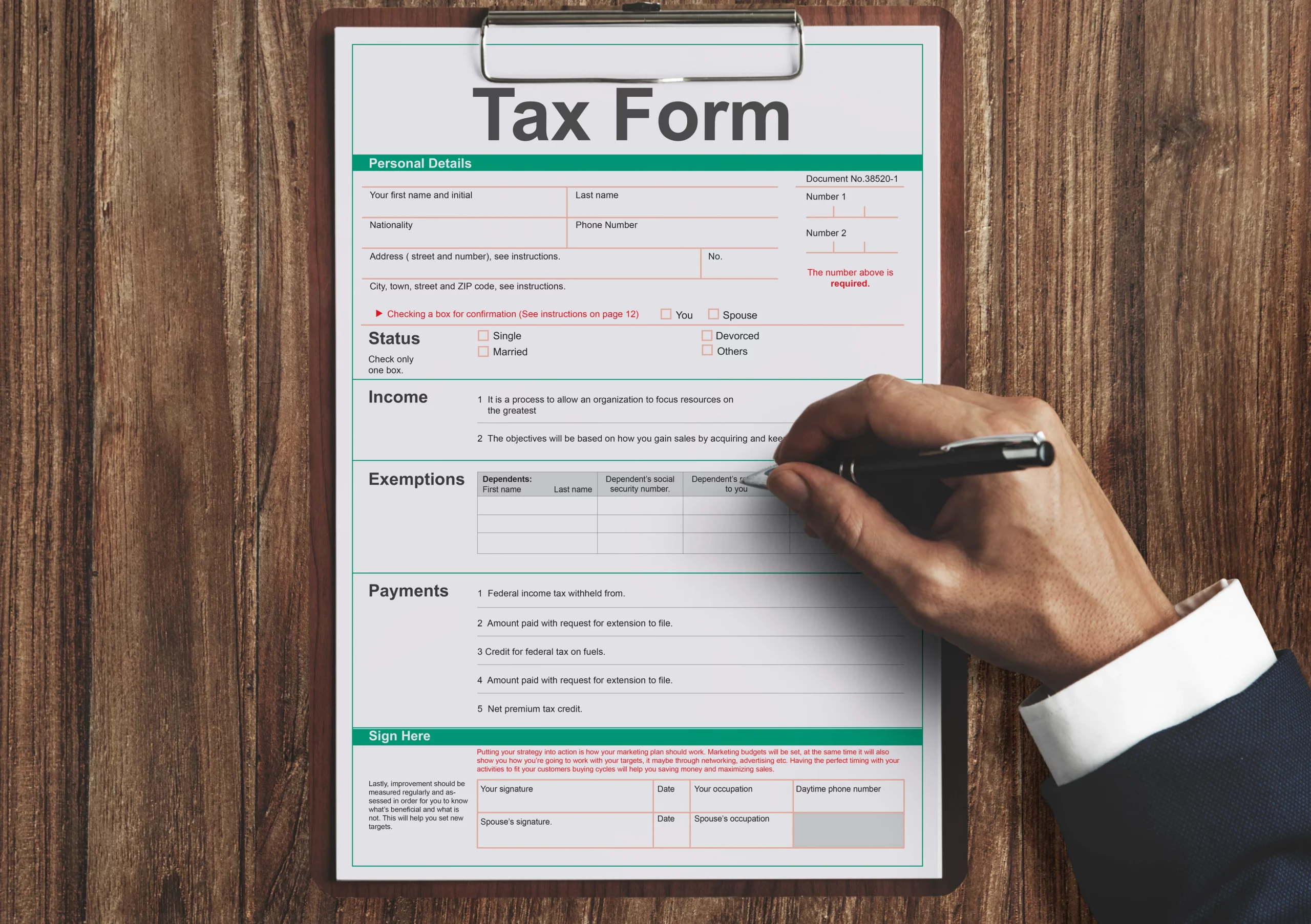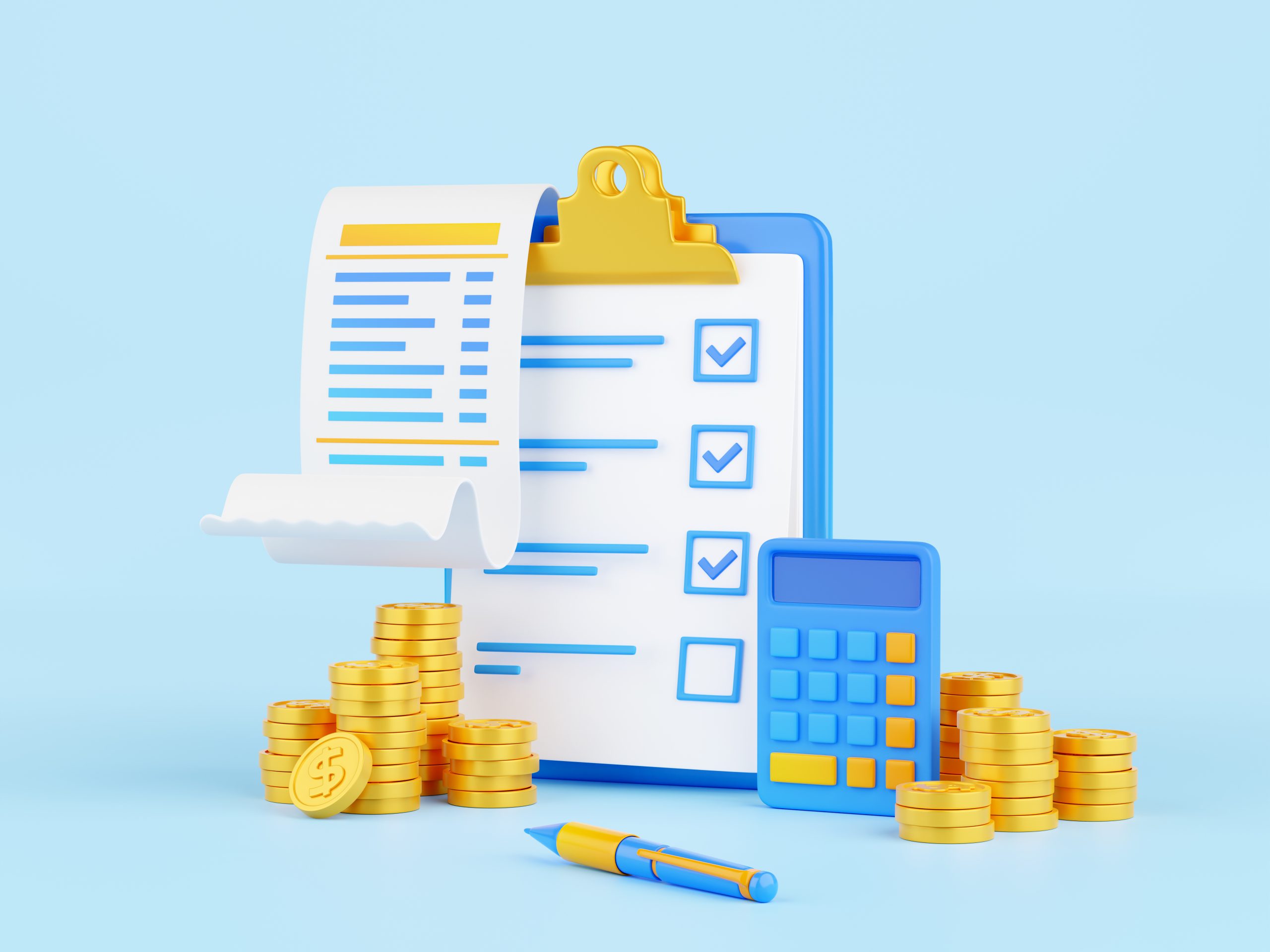Income Tax: How Big You Need To Pay Government?

What’s On This Page
Before anything else, I want you to know that I’m not an expert on Income Taxes. However, I’ve done my due diligence, read through the right resources, consulted the appropriate sources and brought together this series to cover everything there’s to know on the subject.
Pro-tip:
In the month of October, VIEW News (on Finance) will focus on Understanding Income Tax.
This is in accordance with the proposed 15 fundamental financial topics by Forbes Finance Council as they believe could increase financial literacy among young generations.
You are reading the first blog on the series. To follow for more, visit VIEW News (Finance). Thank you.
What do I have for you today? Let’s introduce ourselves to the basics and familiarize with key concepts. Don’t worry, I promise to make it simple and fun. After all, it’s not like I can use all those big fancy grammar as the financial guys do.
Definition and Purpose
The textbook definition: An Income Tax is a levy, tax, charge governments impose on individuals, businesses or entities in respect of the income or profits they earn.

Personally, I feel we can well understand the term when we split the words: income and tax. What is tax? Well, tax is the fee you pay for doing something right or legal. I’m not kidding. Income is also the gain, usually in money, that comes from your labor or property. Conjoining the two, it’s like that small fee you pay for the privilege of working or profiting from your business. Sounds like adulting, right?
Imagine the country as a company set up by its citizens. They become the shareholders and financiers of this entity. In order to manage the day-to-day operation, a management team is appointed. This team is what we call the Government. Remember Lincoln’s “of the people, by the people, for the people” quote. Even though it might not feel like it, that’s the fact.
Just as shareholders invest to keep companies functioning, same way citizens must make contributions to keep the country running like a well-oiled machine. Therefore, whatever you earn, a portion goes back to the government.
Why Understanding Income Taxes is Important
Now, you might think, “I’m just a college student, why do I need to know this?” Well, buckle up, because here’s the fun part: understanding income taxes is like having a superpower.
First of all, it is a money matter. Throughout my life, I have never seen anyone joke with his or money, not even the jobless innocent kids. Everyone wants to keep track of financial status and I can say with all certainty that each person is fully aware how much amount he or she has at every point, with little margin of error. This is why it is very important to know where portion of your income is sent and how beneficial your loss is to the betterment of the general populace.
“For lack of knowledge, my people perish” is another reason you need to build your knowledge base on the topic. Most income earners are making irrational financial decisions because they are not well informed. I’m not sure anyone would love to overspend or be cheated when it comes to levies. Your ability to budget, plan for expenses and make savvy financial moves heavily rely on the subject. You’re the superhero of your own financial story, and these taxes are just one of the many dragons you’ll slay on your quest to financial success.

The last reason is because you just have to know. It is illegal not to pay the tax and your oblivion/ignorance will be no excuse before the law. In the same vain, it will be a crime if you are overcharged than necessary. Your knowledge will help you decipher the situations and decide on the next steps to ensure fairness is achieved all the time.
Key Terms and Concepts
Gross Income:
This is the total amount of money you earn before any deductions or taxes are taken out. It includes your salary, wages, tips, and any other source of income.
“What exactly does my gross income include? Are my bonuses, overtime pay or freelance income counted as part?” These are some of the answers the series will address in the coming days.
Taxable Income:
This is the portion of your income that is actually subject to taxation. It’s your gross income minus specific deductions and exemptions.
“How can I reduce my taxable income? Can contributions to retirement accounts and deductions for things like student loan interest lower that amount?” We will see about that in the next blogs.
Deductions:
These are expenses or contributions that can be subtracted from your taxable income. They reduce the amount of income that is subject to taxation. Common deductions include mortgage interest, student loan interest, and contributions to retirement accounts.
“Which of my expenses make the list? Medical cost? Business expenses? How do I claim some of them as deductions?” Sit back, relax and enjoy the series.
Exemptions:
Exemptions are allowances that reduce your taxable income for you, your spouse, and any dependents you may have. Each exemption decreases the income that is subject to taxation.
I can see questions in your thought, like “Who else really qualifies as a dependent for my tax purpose and by what degree that affects my taxes?” Don’t worry, you’ll surely be informed.
Tax Credits:
These are direct reductions in the amount of tax you owe. They can be based on various factors such as having children (Child Tax Credit), going to school (Education Credits), or certain other circumstances.
Questions such as “How do I know I’m eligible for tax credits? Does this circumstance or that life event qualifies me for the credit?” will be answered along the course of the series.

Filing Status:
Your filing status determines how you’re classified for tax purposes. Options include Single, Married Filing Jointly, Married Filing Separately, Head of Household, and Qualifying Widow(er) with Dependent Child.
Questions such as “What’s the best filing status in my situation? How does a change in my marital status affect my taxes?” will be answered during the series.
Standard Deduction:
This is a fixed dollar amount that reduces the amount of income that is subject to taxation. It’s an option if you don’t itemize your deductions.
Questions such as “Should I take the standard deduction or itemize one? Which option provides the greatest benefit for me, especially when my deductible expenses are significant?” will be answered along the course of the series.
Itemized Deductions:
These are specific expenses that you can deduct from your taxable income. They include things like medical expenses, state and local taxes, and charitable contributions.
Questions such as “What expenses can I itemize? Do my specific costs like mortgage interest qualify as itemized deductions?” will be answered during the series.
Tax Brackets:
Tax brackets determine the rate at which your income is taxed. The U.S. tax system uses progressive tax rates, meaning higher income is taxed at higher rates.
Questions such as “How does the progressive tax system work? How is my income taxed at different rates based on my earnings?” will be answered along the course of the series.
IRS (Internal Revenue Service):
The IRS is the government agency responsible for collecting taxes. They provide guidelines, forms, and resources for individuals to navigate the tax process.
Questions such as “Where can I find reliable tax information to understand tax regulations, access forms and stay compliant?” will be answered during the series.
Overview of the Taxation Process
Wrapping Up
And there you have it! You’ve just graduated from the School of Income Taxes 101. Remember, this is just the beginning of your epic journey. Stay tuned for more adventures in the world of personal finance.
Until next time, happy adulting!